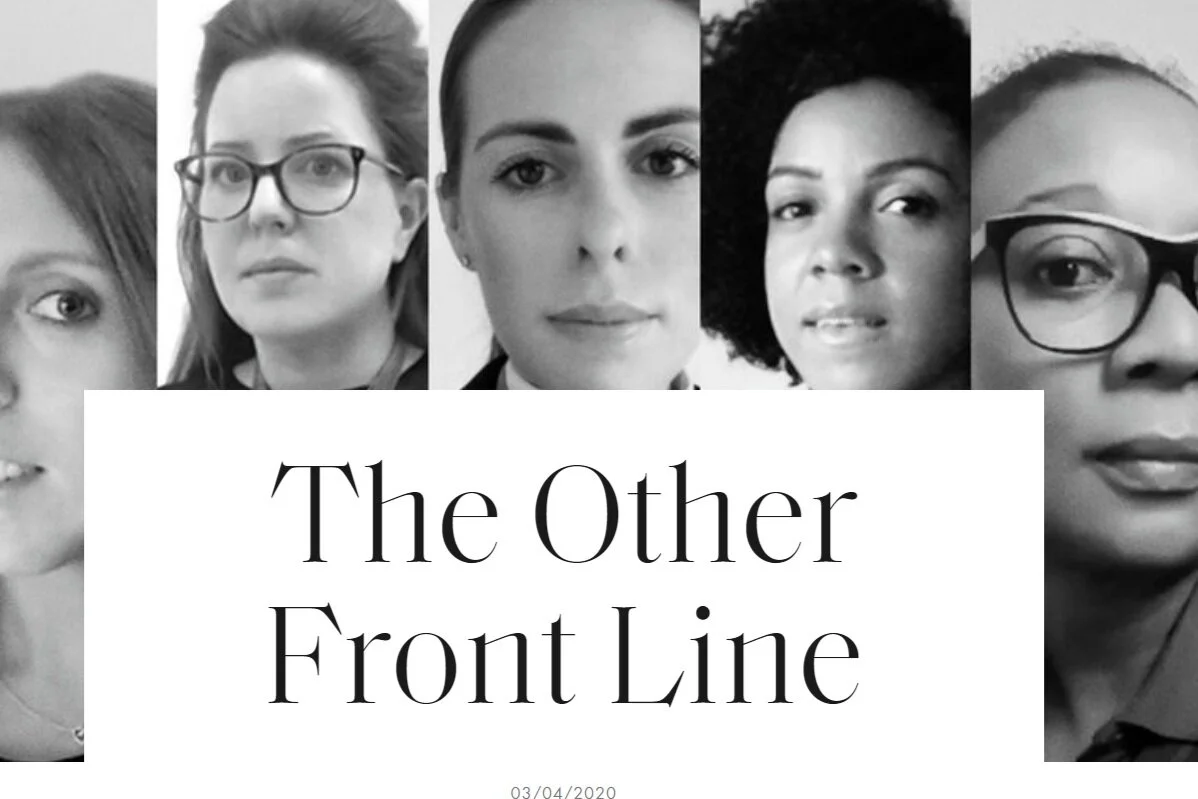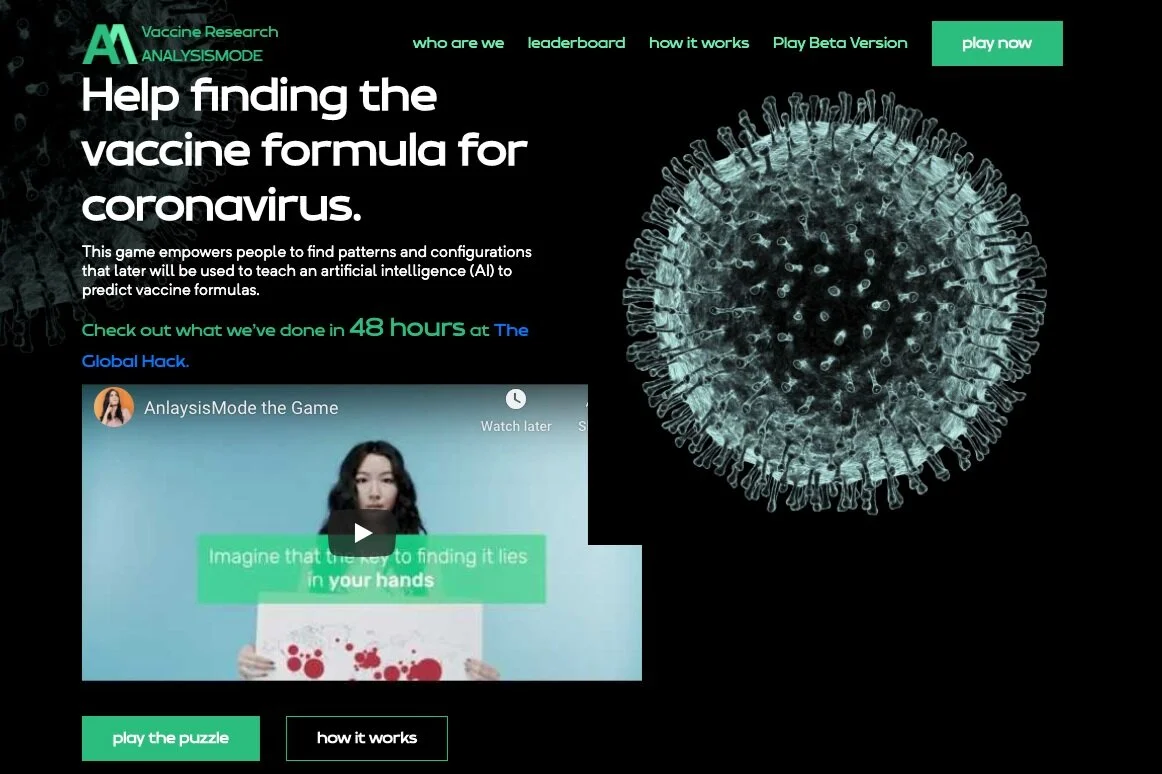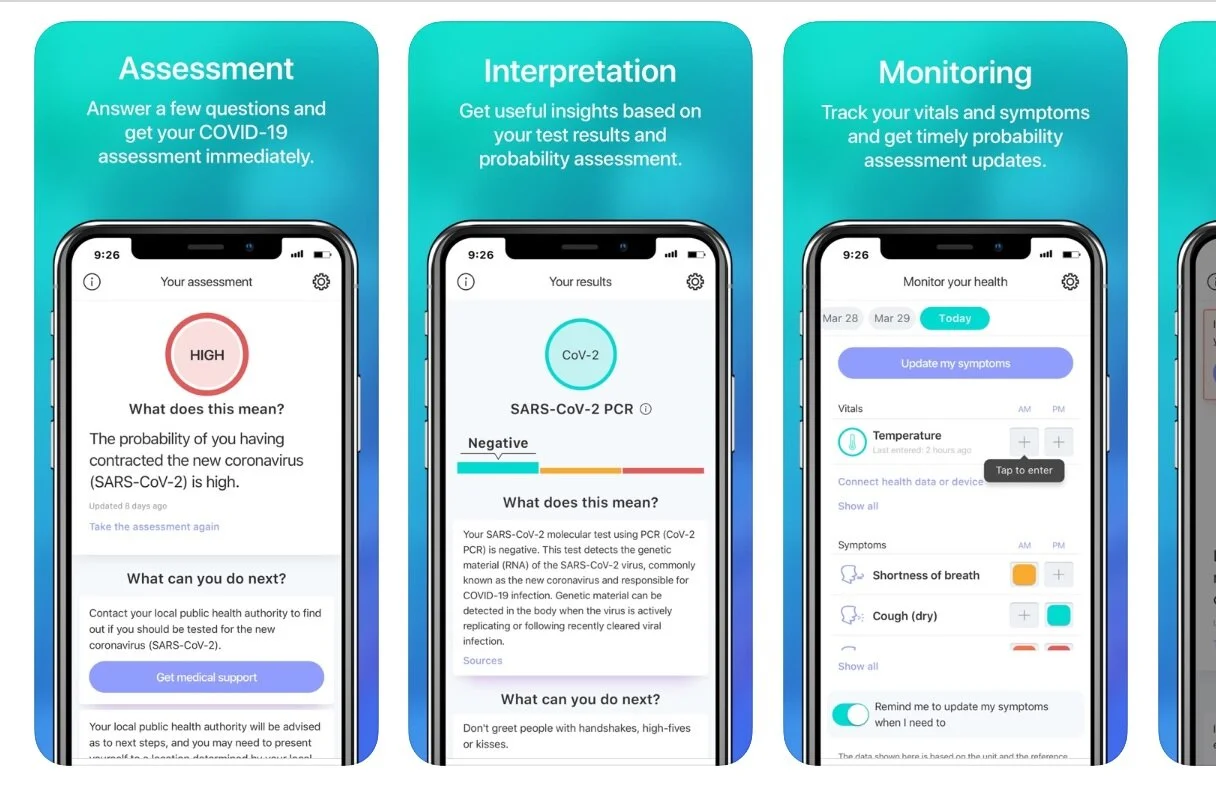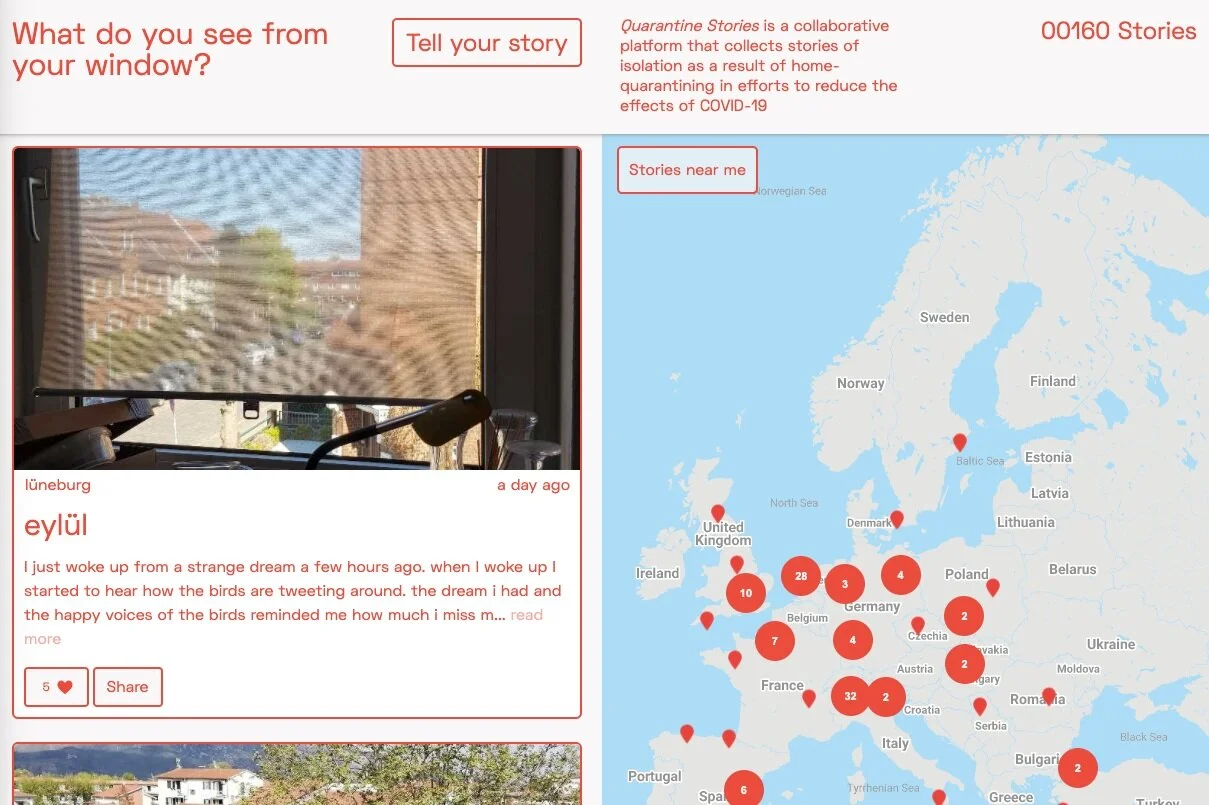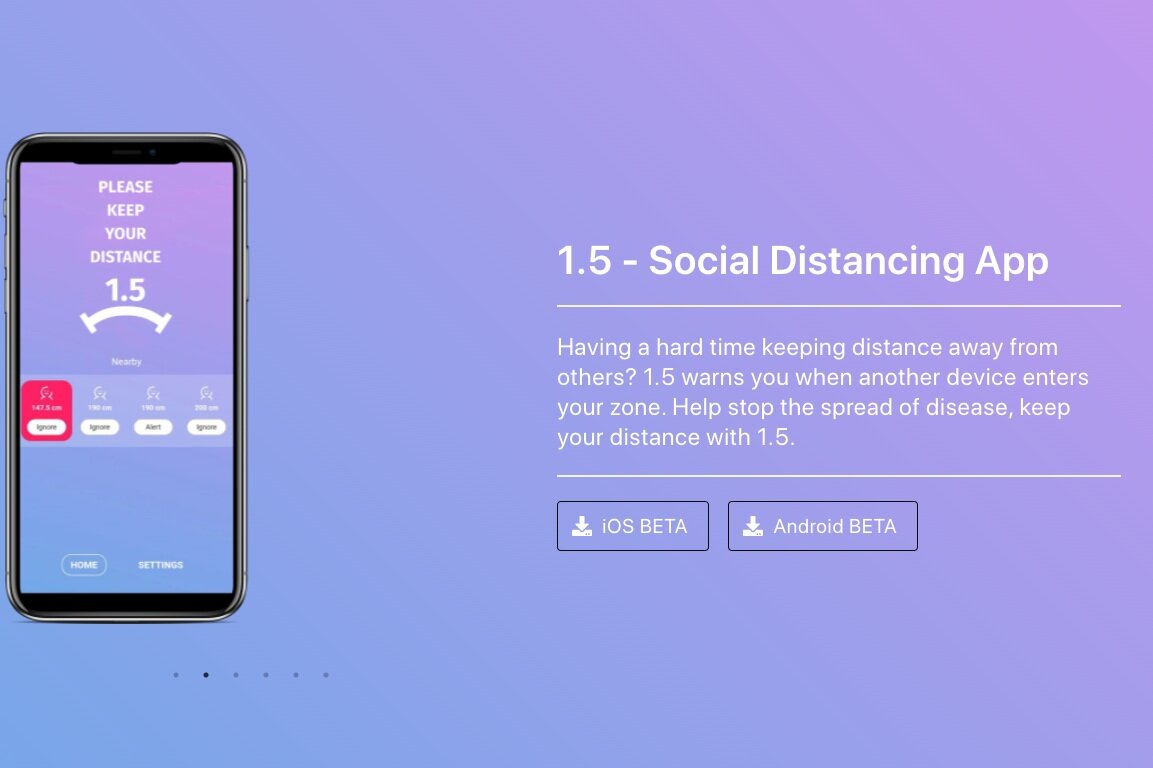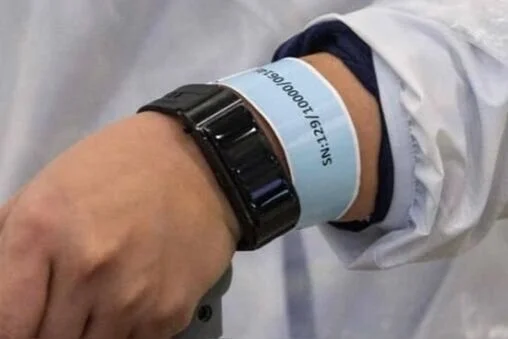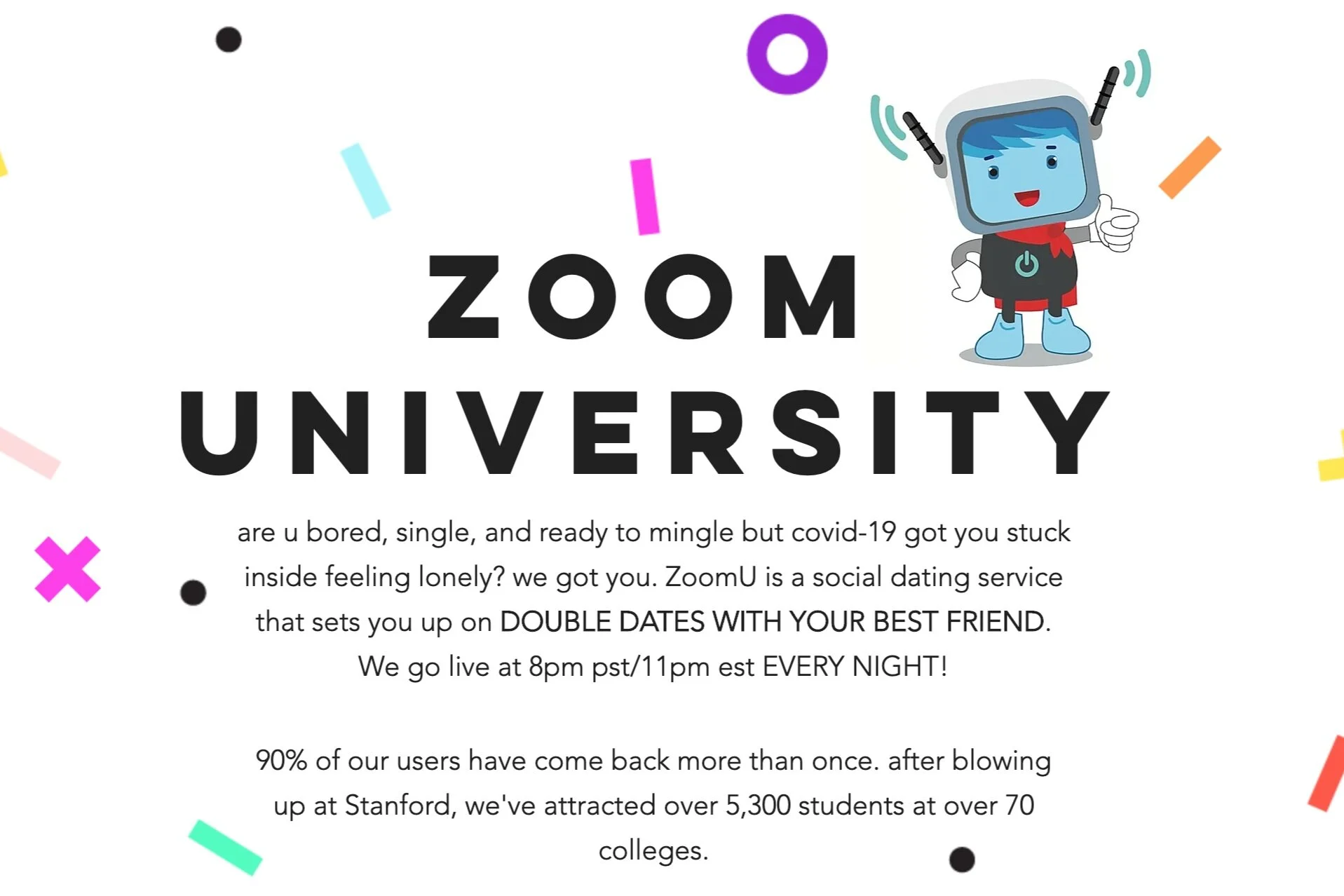The studio designed a maze-like park divided by high hedges that would allow people to be outdoors while maintaining safe social distance during COVID.
Read MoreThe Tokyo-based company is marketing its empty fully-furnished apartments as a way for stressed couples to get some time apart during the lockdown, like "temporary shelters" for people to escape the family, whether to work or just get some peace and quiet.
Read MoreAs opposed to only highlighting healthcare professionals, the Elle campaign highlights women that are also on the “other" frontline of COVID as they are working at supermarkets, delivery services, and in public transportation, among others. Their portraits and stories are meant to remind us all of the heroes we encounter every day.
Read MoreAnalysis Mode developed a game that empowers people to find patterns and configurations that later will be used to teach an artificial intelligence to predict vaccine formulas for COVID-19.
Read MoreRoodkappje is a community-driven delivery platform to help small restaurants and markets reopen at least for deliveries. Volunteers that go out for a jog or to walk your dog are turned into deliverymen who pick up parcels and deliver them around their neighbourhood.
Read MoreThe company gives a free access to the user manual so that people can re-produce the accessory for protection during COVID.
Read More#KitaJagaKita connects those who want to help (Malaysians, corporate parties) with those who need it most (the vurnerable and the medical community) through an NGO/civil society initiative.
Read MoreFree support and monitoring app CoVive guides you in evaluating your probability of having contracted COVID, and helps you monitor your symptoms and vitals whether you have tested positive for the virus or not. CoVive informs you of up-to-date measures to protect yourself and your community.
Read MoreQuarantine Stories, by Dutch company RNDR, gathers personal stories of those in isolation. Users can take a picture from the view through their window, upload it and write their personal story behind it. So far, hundreds of people from around the world contributed
Read MoreFor every bottle bought, customers will save 25 percent on their order and S'well will donate one bottle to healthcare professionals on the frontlines of the COVID crisis, until the end of May.
Read MoreTo answer the surge in online purchases, Kmart temporarily converts a few of its stores into 'order fulfilment sites'. The company will keep offering free delivery on online orders over $45 to help support customers.
Read MoreThe platform gives general information about COVID, real-time figures both Brasil-focused and worldwide, but also important telephone numbers to contact in case of emergency. A good news section also highlights more optimistic stories.
Read MoreRokid is in talks with several companies to sell its T1 glasses in America. These T1 thermal glasses use an infrared sensor to detect the temperatures of up to 200 people within two minutes from as far as three meters, thanks to a 12 megapixel camera and augmented reality features.
Read MoreQuanrantales asks parents first to tell a little bit about their child’s interests, then the founders, Henry and Ashlee, will write a custom Quarantale story just for them. Parents can then just schedule a time and they will personally read the new story to them over Google Hangouts.
Read MoreTakami Pantry was born during COVID crisis and aims at being a vehicle to connect producers with end consumers and to provide them with ingredients that were produced in a responsible manner.
Read MoreWith the world’s summer sporting events postponed or cancelled, top British Olympic athletes, including hockey player Sam Ward will creatively recreate the sporting events in their own homes, with the public watching and able to donate to the Red Cross.
Read MoreThe app warns people when another device enters their zone to promote safe social distancing and to help stop the spread of COVID-19.
Read MoreHelp us find COVID innovations by sharing your spotting with us
Read MoreThe Peruvian engineers designed an “anti-contagion bracelet” that alerts with a sound when the hand approaches the face, the main form of contagion. The engineers plan to release a tutorial on social networks so that people with certain technical knowledge can build the same bracelet at home, estimated at 40 soles (US$15).
Read MoreUsers that subscribe to this service are sent a link every day for a zoom date with 2 others. The service was set up by Stanford students and has since become also popular at other US universities.
Read More





